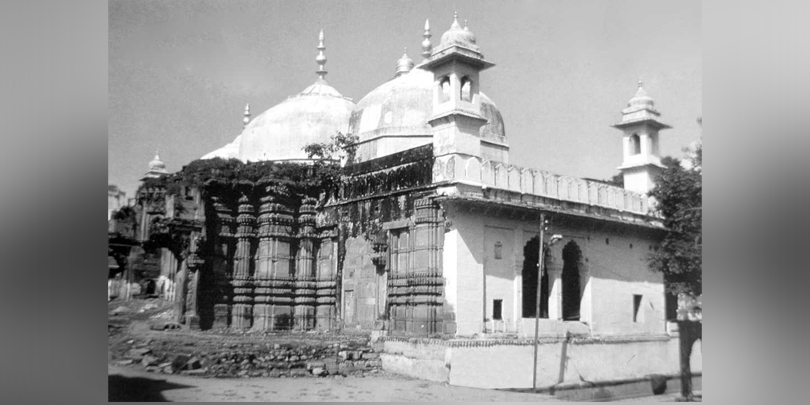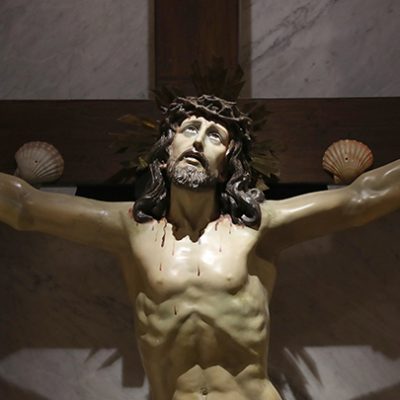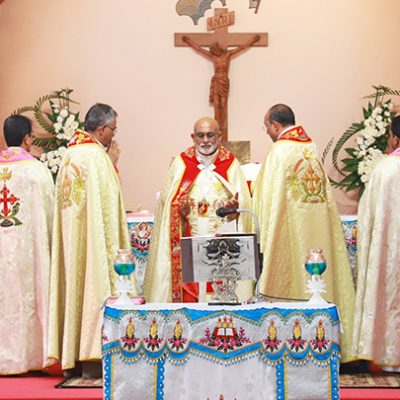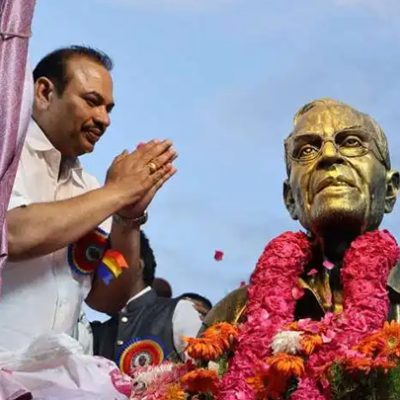
Christian leaders have welcomed an order from India’s top court calling a halt to registering fresh cases challenging the ownership of worship places or ordering surveys to establish their character and identity. Source: UCA News.
The Supreme Court order on December 12 comes amid Hindu groups filing multiple cases to challenge the status of many old mosques, claiming they were built over demolished Hindu temples.
“This is a very essential order to maintain peace and harmony in the society and we welcome it,” said Fr Robinson Rodrigues, spokesperson of the Catholic Bishops Conference of India (CBCI).
The three-judge bench headed by Chief Justice Sanjiv Khanna directed that “though fresh suits may be filed; no suits would be registered and no proceedings shall be undertaken therein till further orders of this court”.
The Supreme Court has directed the federal government to file its reply to the issue and posted it for hearing on February 17, 2025.
The interim order was issued during the hearing of a batch of petitions challenging the Places of Worship (Special Provisions) Act, 1991, as well as a petition seeking proper implementation of the law.
The law prohibits converting or altering the character of any place of worship and prevents courts from entertaining disputes over its status, except for Babri Masjid, which is explicitly exempted.
The 16th-century mosque was demolished by a Hindu mob in 1992 and the court in 2019 awarded the site in Ayodhya town to Hindus for the construction of a Ram temple.
However, this led to the filing of multiple suits across the country claiming ownership of medieval mosques and dargahs (tomb shrines) claiming they were originally Hindu temple sites.
At present 18 suits are pending in various courts across the country against 10 mosques or shrines.
Fr Rodrigues said the law was originally enacted to restrict people from claiming rights over pre-independence religious sites as it could trigger chaos in the country.
“Everyone should respect it instead of trying to dig out the buried past,” he added.
FULL STORY
Christians hail India’s top court order on worship places (UCA News)






